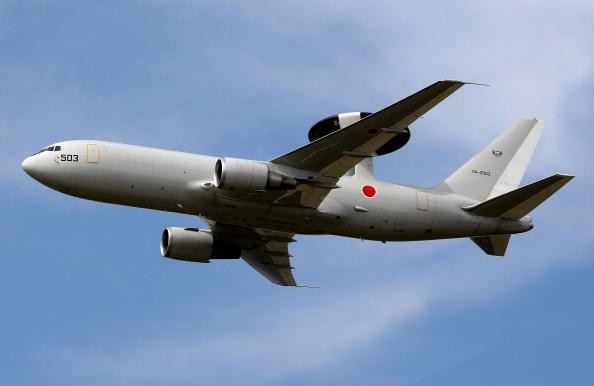Japanese self-defense forces are increasing and even more so in the last year. There is a total of 295 more jets in 2017, according to Admiral Katsutoshi Kawano, Japan's chief of staff.
The increase in acquisition of Japanese jets is due to the increased activity of Chinese military aircraft flying over Okinawa and other parts of the chain of islands.
In a press briefing, Admiral Katsutoshi Kawano said, "Recently, we have seen Chinese military aircraft operating further south and that is bringing them closer to the main Okinawa island and other parts of the island chain."
The number of flights launched by the Japanese Self-Defense Forces increased to 1,168 occasions. The majority of these flights, or 73 percent, was in response to counter Chinese aircraft which are flying into Japan's exclusive military airspace.
There were 301 flights launched in response to Russian aircraft and long-range bombers. The number of flights launched totaled to 301 or 4.5 percent of all flights.
The admiral said, "Activities of Chinese jets are on the rise in terms of their frequency, area, and duration. Considering the modernizing trend of the Chinese military, we expect this to continue."
The response to Soviet aviation is more now than in 1984 where the highest number of counter-enemy launches were recorded.
Both China and Japan are in a territorial dispute over the Senkaku Islands, an inhabited set of islands in the East China Sea. These islands are rich in marine resources.
The Japanese self-defense authority also reported that there were 13 bombers and jets seen flying between Japan's southern islands of Okinawa and Miyako.
Eisuke Tanabe, a senior policy coordinator in the joint staff councilor's office at the Japanese Ministry of Defense, said, "They've routinized their intrusions into our territorial sea space."
He added, "We send our fighters, and that makes the situation possibly very dangerous when fighters and fighters come close."



























